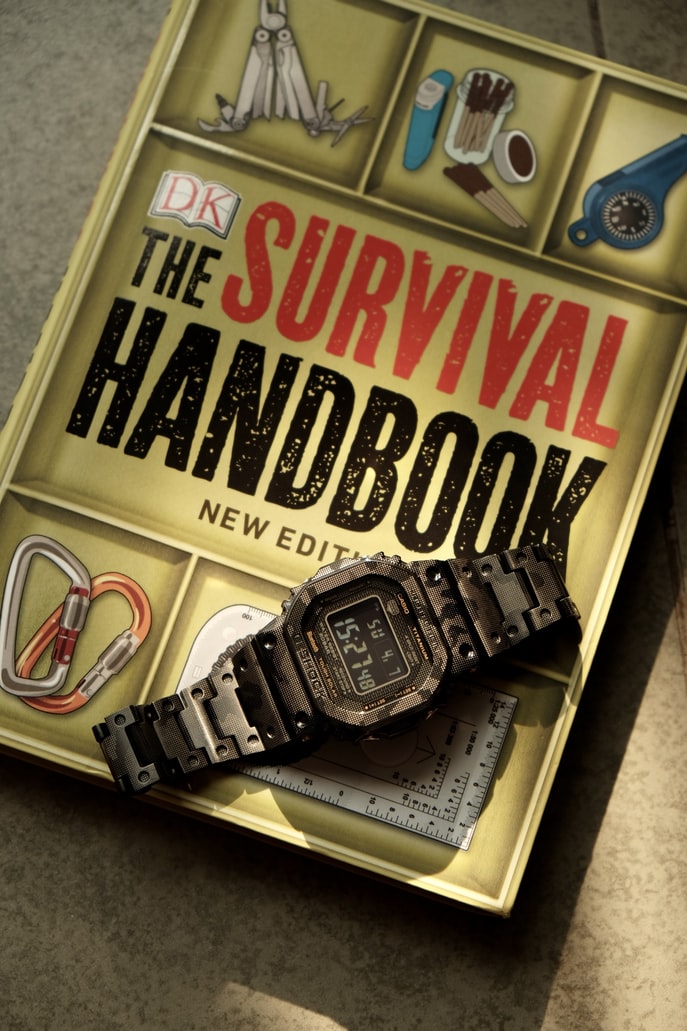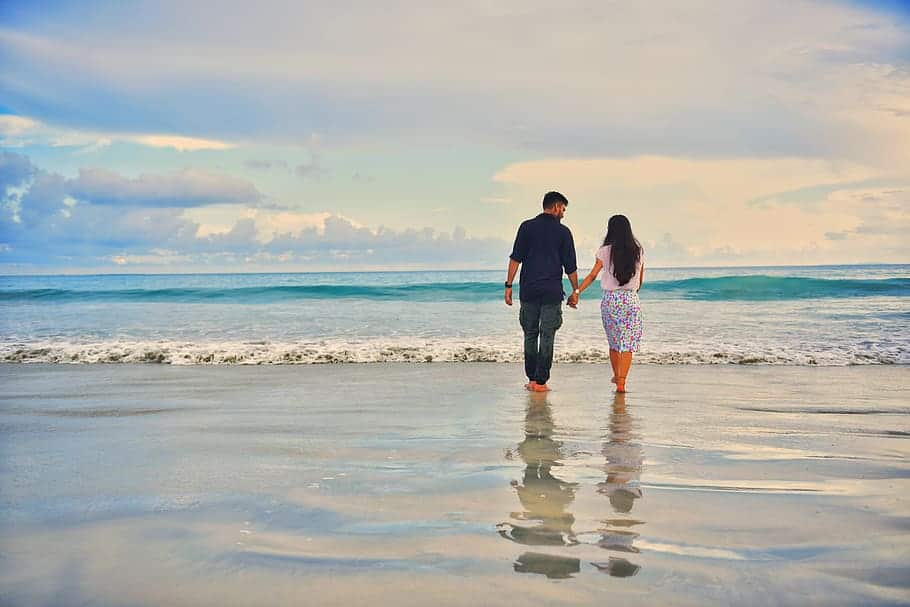What could be more offensive than health troubles while on vacation? Prepare for your vacation properly!
What could be more offensive than health troubles while on vacation? Prepare for your vacation properly! And we will tell you how to do it.
On the way
Going on the road, try to make the time spent on the road as pleasant as possible and does not give you unnecessary trouble. If you are going to fly into a state of cold, take vasoconstrictor drops with you. Apply this product to your nose before planting. This will help in the future to avoid excessive pressure and ear blocking (sometimes very painful).
Drink plenty of fluids – the air on the plane is very dry and the body loses a lot of moisture. If you travel on a train or in a car, do not expose the air conditioner to a critical level: the difference between the temperature in the cabin and outside should not exceed 10 ºC. Large temperature differences are fraught with colds.
A common problem for those traveling by any means of transport is motion sickness. Drink enough water on the road to relieve unpleasant symptoms. Try to position yourself where body shaking during traffic will be minimal (in an airplane – in the area of the aircraft wings, on a ship – in the central part of the ship, on a train – in central carriages, in a bus – in the front rows, in a car – near the driver). While driving, do not focus on small objects (for example, playing on a smartphone).
If your journey takes you to a different time zone, try to eat and sleep during the hours when it is customary to do it where you are going. This will help the body quickly adapt to new conditions and alleviate the unpleasant symptoms of acclimatization.
Camping
Going into nature, instead of using harmful and toxic repellents (substances that repel insects), apply a few drops of essential oil of clove, geranium, thyme, rosemary to your clothes – insects do not tolerate these odors. In case of a bite, lavender, chamomile or tea tree essential oils are great. Apply one drop (but not more) of undiluted oil every few hours for the first day.
If insect bites cannot be avoided
Most often, residents of middle latitudes are faced with bites from mosquitoes, bees, hornets. The poison that they inject, in addition to active proteins, contains all kinds of components that play the role of strong allergens. An acute allergic reaction to a bite (increased heart rate, severe edema, respiratory failure, a sharp drop in blood pressure) requires urgent medical attention. If you do not have such an acute reaction to the bite, it is enough, after taking an antihistamine (against allergies), to apply a chilled lotion soaked in ammonia (diluted with water 1: 5) or in ethyl alcohol (diluted with water 1: 3). It is also recommended, after drinking warm tea, to take a horizontal position and lie down for a while. To avoid complications, the antihistamine should be taken for a couple more days – until the swelling and swelling disappears completely. To avoid pain and burning at the site of the bite, traditional medicine recommends applying a mashed plantain, dandelion or parsley leaf to the affected area. An itchy area can be treated with a solution of baking soda or smeared with an alcoholic tincture of calendula.
If you catch a cold
If there is discomfort in the throat or nasopharynx, start treatment immediately, otherwise the disease may worsen up to sore throat or sinusitis. It is imperative to take an oil solution of chlorophyllipt with you. At the first symptoms, it is necessary to drip this agent into the nose or rinse the throat (dilute with water 1: 5). This will quickly relieve inflammation and prevent disease from developing. If the temperature rises, first of all, you need to drink plenty of fluids. In warm tea with linden, lemon, honey or raspberries. In the heat, you can add mint or lemon balm to create a cool effect.
In the summer season, many people experience an exacerbation of herpes (fever on the lips). In this case, it is necessary to drink immunomodulators on drink: tincture of echinacea or lymphomyosot. Fever can be lubricated with clove oil.
On the beach
We usually spend most of our summer holidays on the beach. In order for such a rest to strengthen, and not undermine, health, the following rules must be observed.
– sunbathing in the open sun is recommended only from 9 to 11 am and after 5 pm, when the sun’s activity subsides;
– at least 20 minutes before going to the beach, you must lubricate the skin with sunscreen (waterproof)
– it is better to burn out in motion, playing volleyball or just walking along the beach, evenly exposing all parts of the body to the sun, and not “fry” in one position for hours;
– the time of exposure to the sun should not exceed 20 minutes. From time to time you need to be in the shade of trees or under a canopy. So you can get a beautiful tan, but without harm to your health;
– in order not to get sunstroke, be sure to wear a hat on the beach;
– do not rush into the water immediately after tanning. Walk along the shore, go into shallow water, rinse your hands, feet and neck with water. Only then can you slowly immerse yourself in the water completely;
– after you get out of the water, it is advisable to wipe yourself off with a towel so that drops of water do not provoke a burn;
– do not walk barefoot on the beach. Even if you are sure that you will not step on the glass, you can easily pick up a fungal infection. Sand is a warm, humid environment in which fungus thrives. Always wear beach shoes on the beach;
– do not arrange feasts on the beaches with meat dishes, salads dressed with mayonnaise – these products quickly deteriorate. The most suitable food on the beach is fruits and vegetables. They contain a lot of juice, which will help replenish the loss of fluid;
– when returning home, be sure to take a shower and rinse yourself with warm water.
Heat and sunstroke
Heatstroke can be caused by high temperatures, as well as air humidity, synthetic clothing, and heavy physical activity in hot weather.
Signs of heatstroke: tinnitus, light dizziness, facial flushing, chills, nausea, darkening of the eyes, loss of consciousness.
The victim should be immediately taken to fresh air (in the shade or in a well-ventilated cool area). Unbutton the collar of the clothes (and it is better to undress the patient to the waist), lay him on his back with his head elevated. It is necessary to wrap the victim with a wet sheet or spray the body with cold water. If a person has lost consciousness, you need to give him a sniff of ammonia, and lightly rub the whiskey and dimple on the back of the head below the hairline with a cotton swab dipped in ammonia. It is necessary to drink cool: give the victim mineral water without gas, black tea with honey.
The most common cause of sunstroke is bare-headed sun exposure.
Signs: face redness, headache, dizziness, fever.
In case of sunstroke, the same manipulations are carried out as for heatstroke.
Intestinal infections
Intestinal infections are very common in the summer. Therefore, in no case drink raw water, and also wash your hands more often. Be careful with canned food, sausage, meat, fish – make sure that only fresh and high-quality products are in your diet. Keep in mind that meat and fish products remain fresh outside the refrigerator for a maximum of 3 hours, hard-boiled eggs in a whole shell – for about a day. Be sure to pour boiling water over vegetables and fruits. In case of poisoning, first of all, prevent dehydration. In a travel first aid kit, there must be a Regidron. After food intoxication for two to three days, you must follow a strict diet: only oatmeal jelly or rice broth. Return to your normal diet gradually, since the digestion function is extinguished.






